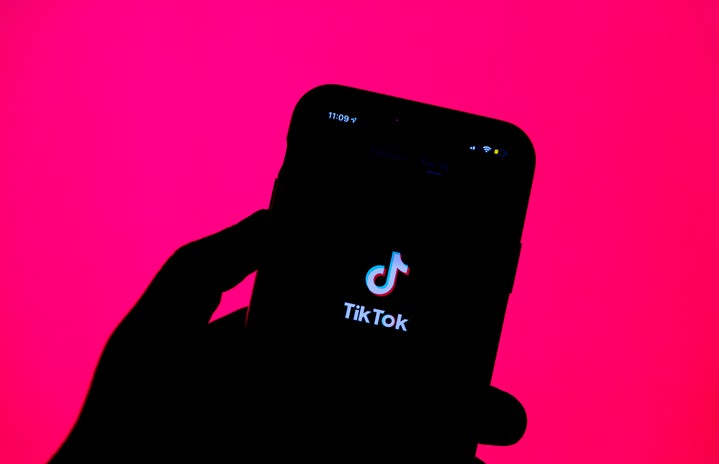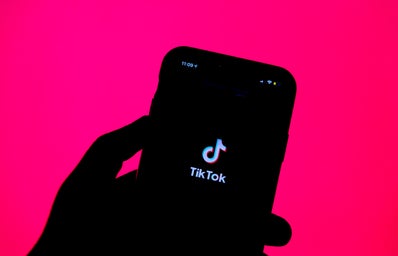Social media has improved our lives for the better in many ways by allowing us to connect with people all over the world, speeding up communication, and allowing us to share news and information in real-time. However, social media can also affect us negatively by influencing the way we view ourselves.
Comparison (The thief of joy)
Social media usage has made it easy for us to compare ourselves to others in many different aspects of our lives. This varies from physical looks to success and to social life. We post the best times of our lives on social media when we are our happiest, surrounded by the most people, and look our best. We don’t post or talk about feeling stressed, lonely, or sad. Even though we are aware that social media is a fairy tale, we still feel inadequate when we are scrolling through our phones and see others living their best lives. Unconsciously, we feel the need to compare ourselves to others which will lead to negative feelings such as insecurity, inadequacy, and loneliness.

Unrealistic Beauty Standards
The social-cultural theory suggests that we learn beauty standards through our social and cultural settings. This a problem because social media is so widely used and is where beauty standards are likely to be established. Since social media is a fairy tale, it creates unrealistic beauty standards, especially when people are photoshopping and facetuning themselves. This makes individuals feel bad for not living up to the unrealistic beauty standard and causes them to feel bad about their bodies and faces instead of accepting that they are perfect the way they are.
Arguably, social media has also led to an increase in cosmetic surgery. In a study conducted by Chen et al, 252 caucasian females who never received any cosmetic surgery were told to use different social media apps and photo editing applications. They found that these social media apps along with photo editing applications had a positive correlation with the consideration of cosmetic surgery.

Due to the fact that social media is such a huge part of our social interaction today, it is easy to get addicted to these platforms. This can be dangerous because people may begin to rely on social media for comfort. We see this when we see others pull out their phone during awkward moments in social settings. We also see signs of addiction when people prioritize time on their phones over quality time with others (for example, the friend that’s on her phone the whole time during dinner). This could be due to FOMO (Fear of missing out). This is when people are drawn to social media because they are scared to miss out on what their friends are doing or what’s going on in the world. This makes sense as everyone posts on social media and uses it to talk to others.
Although social media can be positive in many ways, it is important to be self-aware of how much time you are spending on social media and how it is affecting your mental health. At the end of the day, social media is fake and we should spend more time staying in the present and enjoying real life.




